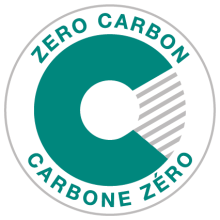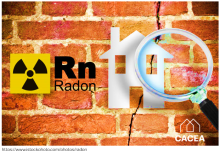Introduction To the Zero Carbon Building Standards
This webinar is also the first component of CAGBC’s new Zero Carbon Building micro-credential. In order to earn this credit for those pursuing the micro-credential, you must attend the webinar in full and complete the post session online quiz with a passing grade of 80%.









